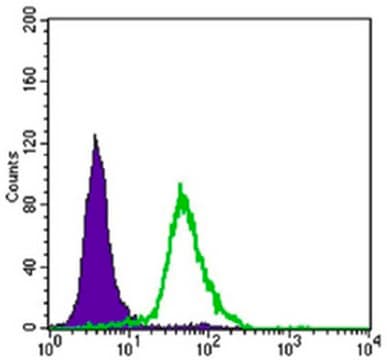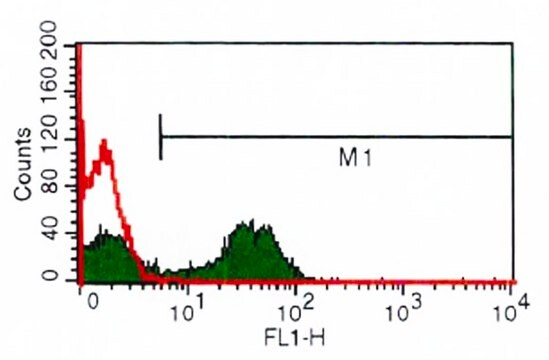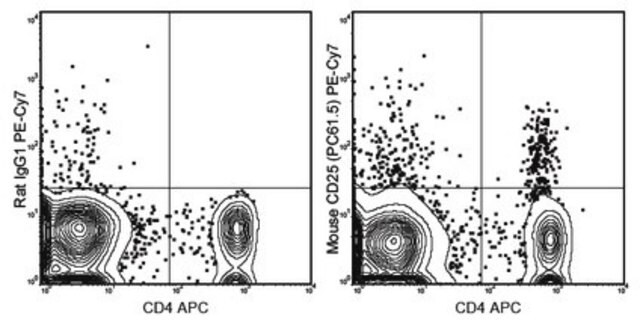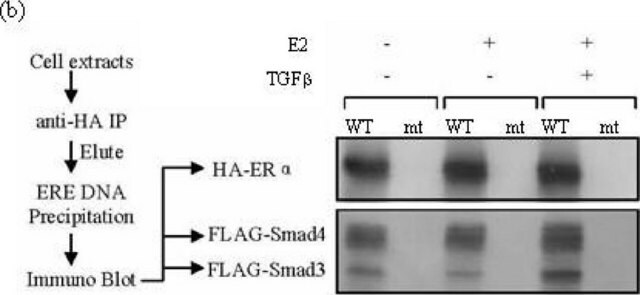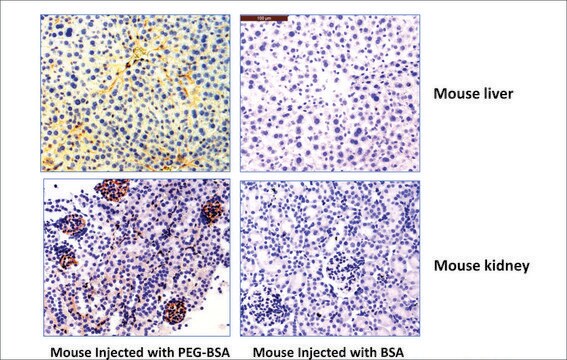MABF557
Anti-CD28 Antibody (human), APC, clone CD28.2
clone CD28.2, from mouse
Synonym(s):
T-cell-specific surface glycoprotein CD28, TP44, CD antigen CD28
About This Item
Recommended Products
biological source
mouse
Quality Level
conjugate
Allophycocyanin conjugate
antibody form
purified antibody
antibody product type
primary antibodies
clone
CD28.2, monoclonal
species reactivity
human
packaging
pkg of 5 μL (0.25 μg/test)
technique(s)
flow cytometry: suitable
immunohistochemistry: suitable
immunoprecipitation (IP): suitable
isotype
IgG1κ
UniProt accession no.
shipped in
wet ice
target post-translational modification
unmodified
Gene Information
human ... CD28(940)
General description
Immunogen
Application
Inflammation & Immunology
Quality
Flow Cytometry Analysis: 0.25 µg of this antibody detected CD28 in one million human peripheral blood lymphocytes.
Physical form
Storage and Stability
Disclaimer
Not finding the right product?
Try our Product Selector Tool.
Storage Class Code
12 - Non Combustible Liquids
WGK
nwg
Flash Point(F)
Not applicable
Flash Point(C)
Not applicable
Certificates of Analysis (COA)
Search for Certificates of Analysis (COA) by entering the products Lot/Batch Number. Lot and Batch Numbers can be found on a product’s label following the words ‘Lot’ or ‘Batch’.
Already Own This Product?
Find documentation for the products that you have recently purchased in the Document Library.
Our team of scientists has experience in all areas of research including Life Science, Material Science, Chemical Synthesis, Chromatography, Analytical and many others.
Contact Technical Service